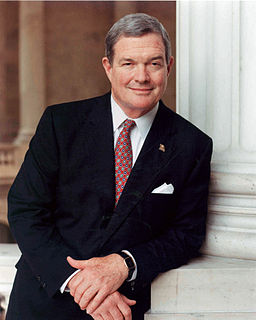A Quote by Jemima Khan
Arranged marriages are big business in the U.K. Second- and third-generation immigrant families, with no extended family structure, limited networks and religious restrictions on acceptable ways to meet future spouses, are turning to external matchmakers for help.
Related Quotes
Extended families have never been the norm in America; the highest figure for extended-family households ever recorded in Americanhistory is 20 percent. Contrary to the popular myth that industrialization destroyed "traditional" extended families, this high point occurred between 1850 and 1885, during the most intensive period of early industrialization. Many of these extended families, and most "producing" families of the time, depended on the labor of children; they were held together by dire necessity and sometimes by brute force.
There is no denying that unhappiness - even violence - exists in some arranged marriages. Or that some arranged marriages are borne out of cruelty. And part of that six percent global divorce rate can be attributed to the powerful stigma against divorce that's present in countries where arranged marriage is common.
Our most basic institution of family desperately needs help and support from the extended family and the public institutions that surround us. Brothers and sisters, aunts and uncles, grandparents and cousins can make a powerful difference in the lives of children. Remember that the expression of love and encouragement from an extended family member will often provide the right influence and help a child at a critical time.

































